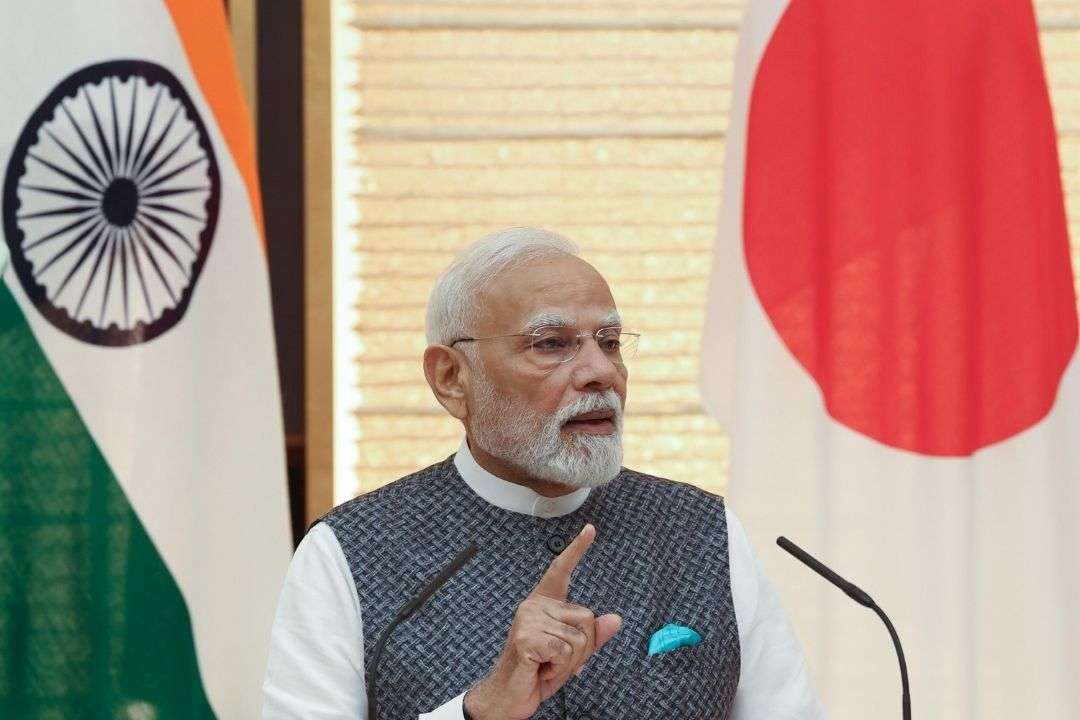The Union Cabinet, chaired by Prime Minister Narendra Modi, has approved a ₹1,500 crore incentive scheme aimed at strengthening India’s recycling capacity for the separation and production of critical minerals from secondary sources. This initiative is part of the National Critical Mineral Mission (NCMM), designed to enhance domestic capacity and ensure supply chain resilience for critical minerals. Since the value chain for exploration, auction, mining, and acquisition of foreign assets takes considerable time to deliver results, recycling offers an immediate and sustainable solution to meet industry demand.
The scheme will be implemented over six years, from FY 2025-26 to FY 2030-31. Eligible feedstock includes e-waste, lithium-ion battery (LIB) scrap, and other end-of-life sources such as catalytic converters from vehicles.
Both large established recyclers and new entrants, including start-ups, will benefit, with one-third of the outlay reserved for small players. The incentives apply to new investments, capacity expansion, modernization, and diversification projects. Importantly, the support will target processes that involve actual extraction of critical minerals rather than just black mass production.
The scheme offers capital expenditure (Capex) support in the form of a 20% subsidy on investments in plant, machinery, equipment, and associated utilities. This benefit is available to projects that commence production within the specified timeline, while delays in meeting the deadline will result in reduced subsidy levels.
In addition, operational expenditure (Opex) support will be provided, linked to incremental sales growth over the base year (FY 2025-26). Beneficiaries will receive 40% of the eligible subsidy in the second year and the remaining 60% in the fifth year, provided they achieve the prescribed sales thresholds during the scheme’s tenure.
To ensure balanced distribution, incentive caps have been set. Large entities can avail a maximum of ₹50 crore, including a ceiling of ₹10 crore under Opex subsidy, while small entities are eligible for up to ₹25 crore, with a limit of ₹5 crore on Opex subsidy. These caps are designed to encourage wider participation across both established players and smaller recyclers.
The scheme is projected to build at least 270 kilo tons of annual recycling capacity, resulting in 40 kilo tons of critical mineral output each year. It is also expected to attract ₹8,000 crore in investments and create nearly 70,000 direct and indirect jobs. The framework was finalized after extensive consultations with industry stakeholders through dedicated meetings and seminar sessions.








